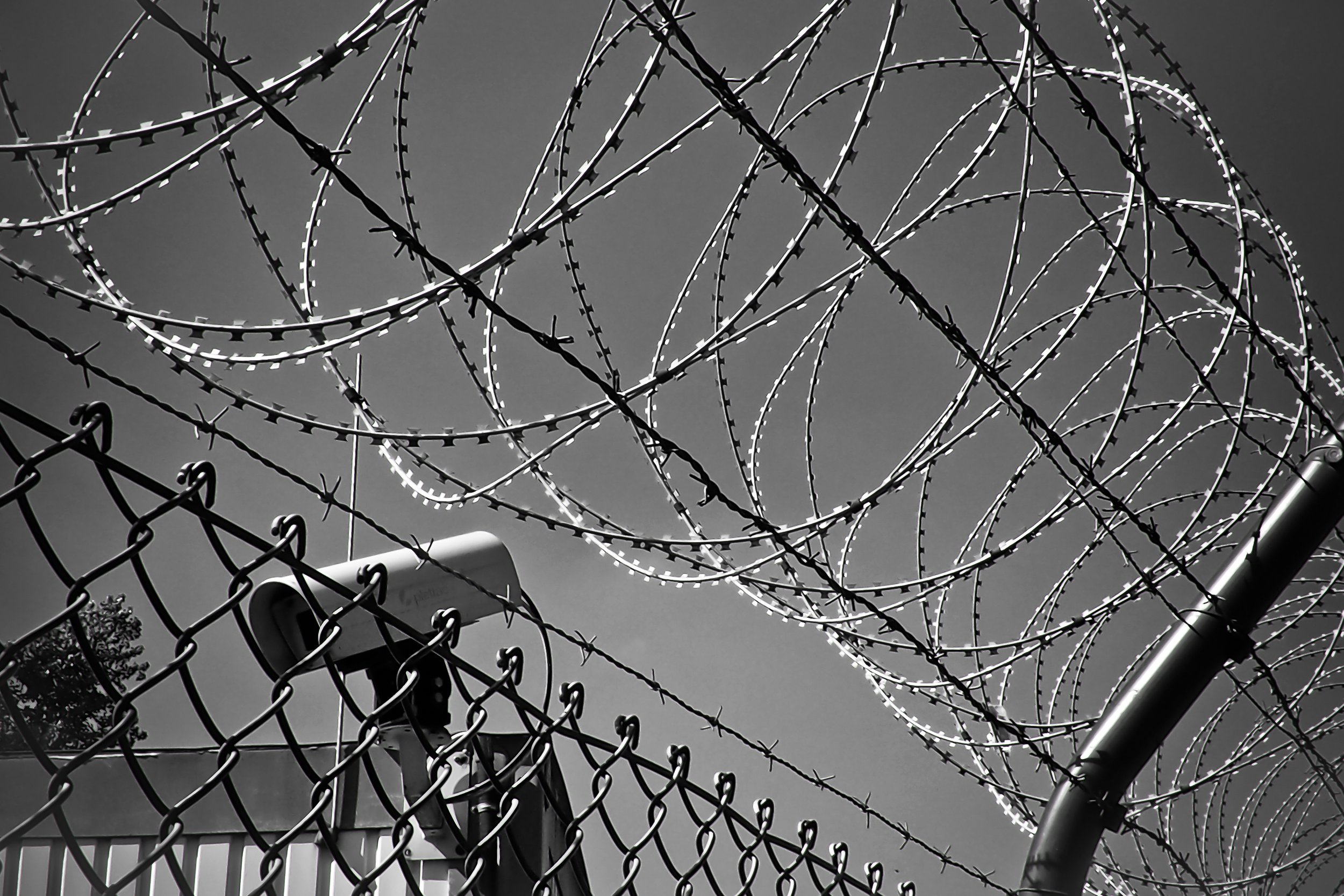The Brown Legal History Workshop is Back!
Spring 2026 Schedule
*Please Note the Different Timings Below
Friday, February 20th, *10:30am to 11:50am
Benjamin Hein, Assistant Professor of History
“People’s Migrations? On the Politics of Leaving in Nineteenth-Century Germany”
Friday, March 13th, *9:00am to 10:20am
Amy Russell, Associate Professor of Classics and History and Director of the Center for Global Antiquity
“Women, Belonging, and the Populus Romanus”
Friday, April 24th, *10:30am to 11:50am
Juliet Hooker, Merton P. Stoltz Professor of Social Sciences and Professor of Political Science
"Faithful Slave Commemoration in Brazil: the Mae Preta Monument, Confederate Settlers, and Afro-Brazilian Memory Activism"
~
Workshops are open to RSVPing faculty, visiting scholars, postdoctoral fellows, and graduate students at Brown University. To RSVP to any of the above workshops (seating is limited) or to join our listserv, please email brownlegalstudies@gmail.com.
About Our Workshop
The Brown Legal History Workshop offers a regular forum for faculty, visiting scholars, postdoctoral fellows, and graduate students at Brown University to share ideas engaging the law and legal history—broadly construed and unrestricted by geography, chronology, or discipline. Our workshop originated from observations that there are a number of scholars and doctoral students at Brown interested in law, legal history, and legal sources across departments, but there was no venue to bring all of us together into an intellectual community with common interests.
The format and climate of our workshop is now celebrated to be “informal but engaged.” Our goal is to use one another’s work-in-progress or research questions to generate discussions of interest to all but of particular help to an individual author. There is no requirement that participants categorize themselves as “legal historians” or “legal scholars”, as such. Rather, our workshop serves as a low-risk incubator for ideas and the sharing of expertise in a productive and boundary-pushing way that could eventually impact the study of law and legal history at large.
How It Works
Our workshops traditionally convene on Friday mornings over breakfast and are open to RSVPing faculty, visiting scholars, postdoctoral fellows, and graduate students in any Brown department. We typically meet three times per Fall and Spring semester, with each presenter pre-circulating a paper to RSVPing participants. Papers must be works in progress; 15-35 pages long; and can belong to any time period, geography, or theme related to law or legal studies, broadly understood.
To RSVP to any of our workshops (seating is limited), to express interest in workshopping a paper in future semesters, or to join our listserv, please email brownlegalstudies@gmail.com.
Prior Workshops
The Brown Legal History Workshop embraces the study of law and legal sources in a capacious, innovative, and interdisciplinary fashion. Our prior workshops have engaged topics as diverse as: citizenship and civil rights; environmental degradation and conservation; slavery and abolition; philosophy of justice; governance, technology, and security; comparative constitutionalism; displacement and migration; labor, property, and finance; the laws of war, human rights, and international humanitarian law; race, gender, and sexuality in the law; family, marriage, and kinship; religion and secularism; land, indigeneity, and colonialism; crime, policing, and incarceration; and the intersections of law, public health, and education—including pre-US, US federal and state, and global jurisdictions. For all our workshops to date, click here.
Co-Organizers
Faiz Ahmed (Convener, 2024-26), Associate Professor of History
Tiraana Bains, Assistant Professor of History
Rebecca Nedostup, Associate Professor of History and East Asian Studies
Emily Owens, Associate Professor of History
Michael Vorenberg, Associate Professor of History
~
The Brown Legal History Workshop was established in 2015 and has been generously supported by the Brown History Department, Dean of Faculty Office, Cogut Institute for the Humanities, Watson Institute for International and Public Affairs, Center for the Study of Race and Ethnicity in America, and the American Society for Legal History.



